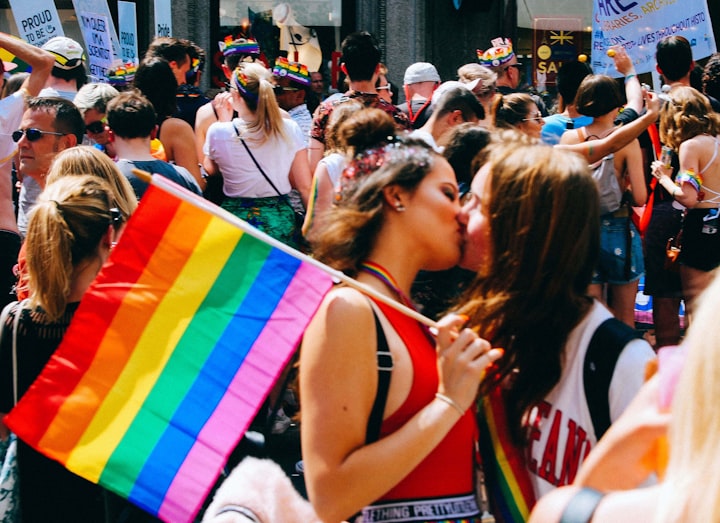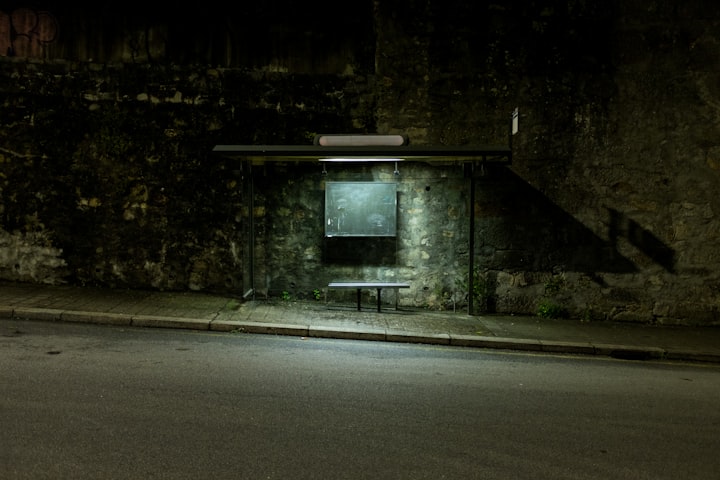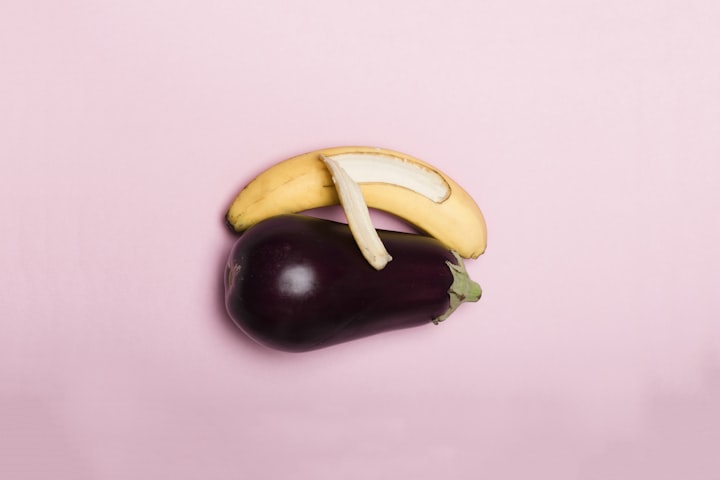What is LGBTQIA+
LGBTQIA+ is an acronym that stands for lesbian, gay, bisexual, transgender, queer/questioning, intersex, asexual, and other identities. The "+" is often included to represent the many other identities and orientations that fall under the broader LGBTQIA+ umbrella.
Lesbian refers to a woman who is emotionally, romantically, or sexually attracted to other women. Gay typically refers to a man who is attracted to other men, but can also be used more broadly to refer to all members of the LGBTQIA+ community. Bisexual refers to a person who is attracted to people of more than one gender.
Overall, the term LGBTQIA+ is used to describe a diverse and intersectional community that shares a common experience of marginalization and discrimination based on their sexual orientation, gender identity, or expression. It is important to recognize and respect the diversity within this community and to create spaces and policies that are inclusive of all identities.
The history of LGBTQIA+ pride
The history of LGBTQIA+ pride dates back to the Stonewall riots in New York City in June 1969. At the time, homosexuality was illegal in most states and was considered a mental illness by the American Psychiatric Association. The Stonewall Inn, a popular gathering place for LGBTQIA+ people, was frequently raided by police.
On the night of June 28, 1969, a police raid at the Stonewall Inn sparked a series of protests and clashes between LGBTQIA+ patrons and police that lasted for several days. The uprising is widely considered to be a turning point in the fight for LGBTQIA+ rights in the United States, and is often cited as the beginning of the modern LGBTQIA+ rights movement.
In the years following the Stonewall riots, LGBTQIA+ activists organized marches and protests to demand equal rights and visibility. In 1970, the first Pride parade was held in New York City to commemorate the anniversary of the Stonewall uprising. The event included a march through the streets of Manhattan and a "Gay-In" in Central Park.
Pride events quickly spread to other cities across the United States, and eventually around the world. These events provided a space for LGBTQIA+ people to gather, celebrate, and advocate for their rights. In the 1980s, Pride events took on a new sense of urgency as the AIDS epidemic devastated the LGBTQIA+ community.
Despite significant progress in the fight for LGBTQIA+ rights, discrimination and violence against the community persisted throughout the 1990s and early 2000s. In 2015, the U.S. Supreme Court legalized same-sex marriage nationwide, a major milestone in the fight for LGBTQIA+ equality.
Today, Pride events continue to serve as important opportunities for LGBTQIA+ people and their allies to come together, celebrate their identities and community, and advocate for greater visibility, acceptance, and equality. While there is still much work to be done, the history of Pride is a testament to the resilience and strength of the LGBTQIA+ community in the face of adversity.
Supporting LGBTQIA+ friends can be a meaningful way to show your love and acceptance of their identity.
Listen: One of the most important things you can do to support your LGBTQIA+ friends is to listen to them. Ask them about their experiences and really try to understand where they're coming from. Listening can help your friends feel seen, heard, and validated.
Educate yourself: Take the time to educate yourself about the LGBTQIA+ community and the challenges that LGBTQIA+ individuals face. This can help you better understand your friend's experiences and the issues that are important to them.
Use inclusive language: Be mindful of the language you use around your LGBTQIA+ friends. Avoid using slurs or derogatory language, and use gender-neutral language when appropriate. This can help your friends feel more comfortable and accepted.
Stand up against discrimination: If you hear someone making discriminatory comments or engaging in harmful behavior towards LGBTQIA+ individuals, speak up. This can help create a safer and more inclusive environment for your friends and others in the LGBTQIA+ community.
Celebrate their identity: Celebrate your friends' identities and support them in expressing themselves in ways that feel authentic and true to who they are. Attend LGBTQIA+ events and celebrate important milestones with your friends, such as Pride Month.
Offer support: Let your friends know that you're there for them and offer support when they need it. This can include offering to listen, helping them find resources, or just being a supportive presence in their life.
About the Creator
Martian
Fantasy - Writer
Secrets - Teller
Information - Provider
Sometimes - Teacher
Awareness - Maker
Come along with me as I investigate the limitless possibilities of Everything. Together, let's make something spectacular.
Reader insights
Outstanding
Excellent work. Looking forward to reading more!
Top insights
Compelling and original writing
Creative use of language & vocab
Easy to read and follow
Well-structured & engaging content
Expert insights and opinions
Arguments were carefully researched and presented
Heartfelt and relatable
The story invoked strong personal emotions
Masterful proofreading
Zero grammar & spelling mistakes







Comments (1)
🥰🥰🥰 nice work!